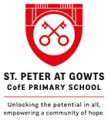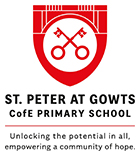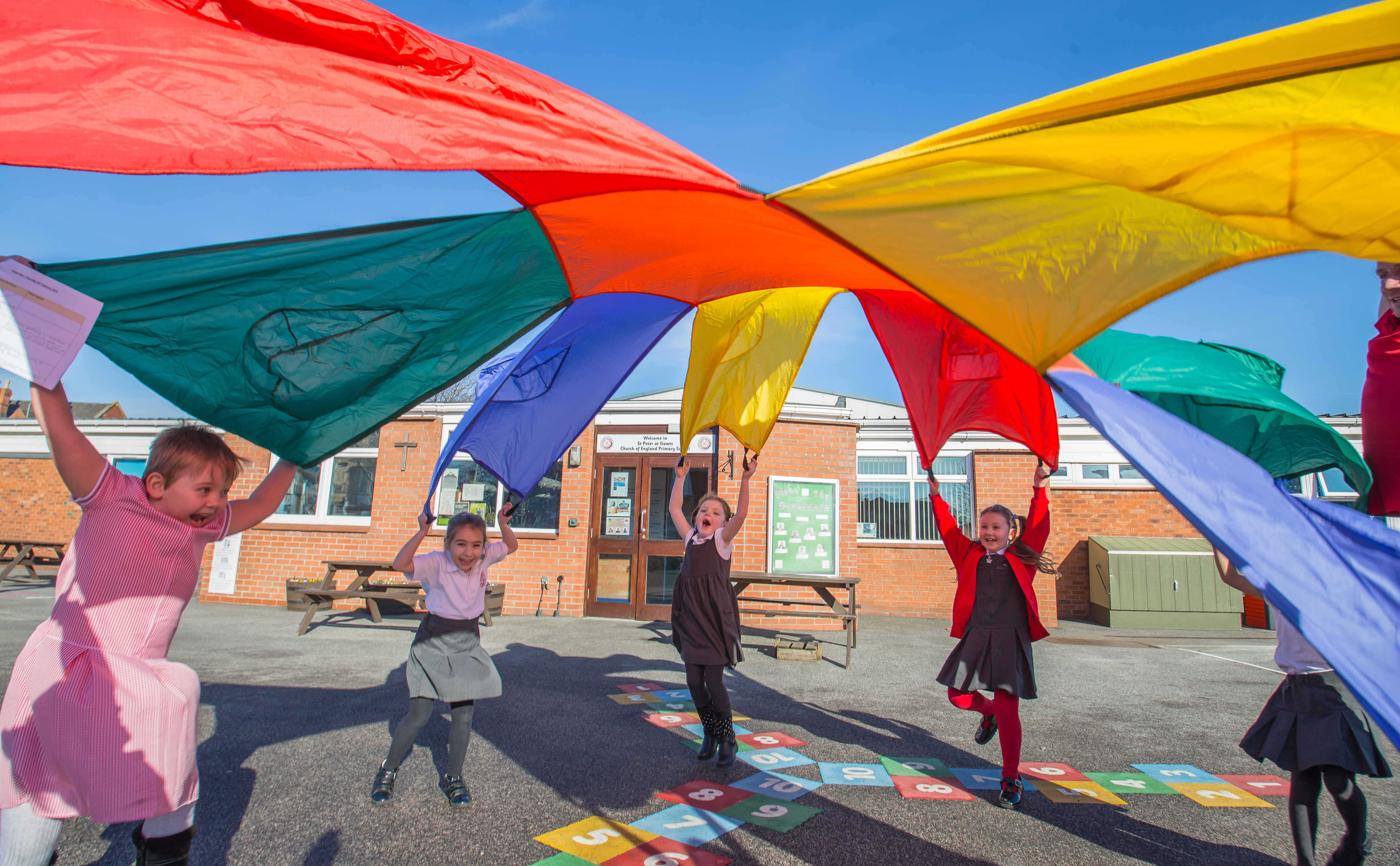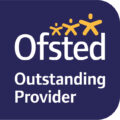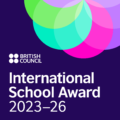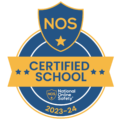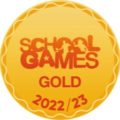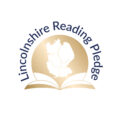Languages
Primary Languages intent: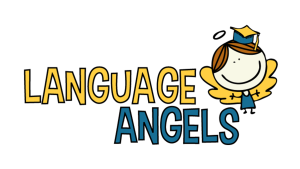
At St Peter at Gowts, our Primary Languages curriculum is inspiring and creative, unlocking potential in all. Our curriculum seeks to ensure that all pupils flourish through challenge, support and a broad and balanced curriculum rooted in shared values and consistently high expectations, whilst striving for excellence.
The St. Peter’s primary languages curriculum is fashioned through our golden threads of values, inspiration, excellence and community.
Through our ambitious and cohesively planned curriculum, we are seeking to “unlock the potential in all, empowering a community of hope”. Languages are for life. At St Peter’s, languages are seen as a unique part of our pupils’ education, part of the cultural richness of our strong and inclusive community and the wider world in which we live and work. At St Peter at Gowts we aim for excellence through an inspiring, ambitious and cohesively planned curriculum, giving the children the knowledge and skills they need to excel.
Values – Through our values based curriculum, our language teaching contributes to mutual understanding, a sense of global citizenship, respect and empathy for all. Our vision is to promote and unlock cultural awareness and develop all learner into globally responsible and inclusive citizens of the 21st century.
Inspiration – Through our inspiring and engaging curriculum, delivered with enthusiasm and passion, we aim to enthuse our pupils, fostering their curiosity for both language and cultural knowledge. This includes our enrichment opportunities, such as World Hello Day, clubs and International School opportunities.
Community – Through our Primary Languages curriculum, all children learn to appreciate different countries, cultures and communities. The children will develop a personal appreciation of their own culture and language, celebrating the diverse and inclusive school community at St. Peter’s (over 50% EAL) and understand the value and enjoyment of learning different languages.
Excellence – Through the carefully planned and sequenced learning, it is our intention that all learner will excel in this area. We aspire to be a beacon of good practice working alongside subject experts in the East Midlands to ensure that all learners can develop the understanding and communication skills required to speak, read and write another language. We aspire for our pupils to be able to pursue possible employment opportunities or simply enjoy leisure and cultural activities anywhere in the world.
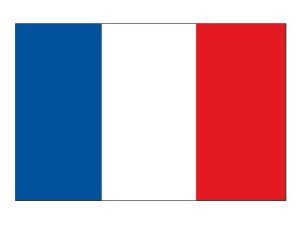 Primary Languages implementation:
Primary Languages implementation:
Our Languages curriculum is built around the Language Angels scheme of work (for Y3-Y6) and enhanced and personalised to meet the needs of all learners at St Peter’s. Enhancements and personalisation include the use of adaptive teaching, links to the community and our locality and purposeful cross curricular links, which are planned and timely to support and strengthen learning. In EYFS and KS1, key vocabulary from a range of languages is shared in classrooms and celebrated through greeting each other and simple communication.
Language Angels is a sequential, high quality and comprehensive language programme that incorporates all areas of language acquisition, which are considered to be:
- Listening
- Speaking
- Reading
- Writing
- Grammar
The National Curriculum programmes of study are fully covered by our Languages curriculum. There is fidelity to the scheme, with teachers using the resources consistently, recording KS2 learning in French folders.
- French units of work begin with a brief pre-assessment of current knowledge and skills, from which the learning sequence is developed and refined alongside the Language Angel scheme. Core vocabulary such as greetings are repeated each session to gain confidence and re-inforce key vocabulary.
- Our spiral curriculum is progressive in skills and knowledge with key vocabulary underpinning topics, which is subsequently built upon through topics and year groups. This is through the early, intermediate and progressive language units.
- Key areas of learning are revisited regularly and links are made within and between topics which supports our children’s learning through spaced repetition and learning flashbacks. This formative assessment is used to inform future lessons in the learning sequence to help children to gather a broad and deep understanding of the topic and identify ‘high flyers’ in particular strands of languages, and any children that may require additional support.
- High flyers’ will be identified who have a significant flare for language learning and this information will be used to help direct children towards enrichment opportunities to further develop their interest, as well as providing additional challenge in lessons.
- Teachers plan a sequential journey of learning using formative assessment, progression grids and knowledge organisers through the Language Angels scheme of work.
- Progress pauses are planned for mid-way through a topic. This will indicate the progress that children are making and how secure their knowledge is developing. This information will be used to identify whether any areas already taught need additional coverage either through added teaching or use of flashbacks to secure knowledge.
- All learners are supported through appropriate support and stretch challenges based on assessment for learning, to ensure the needs of all learners are met.
- Enrichment opportunities are used to help support the learning of key aspects and provide first hand experiences, for example World Hello Day and International Schools work
- Classroom working walls reflect the learning journey of the class, highlighting key knowledge and specific vocabulary, duel coded to support the children’s language acquisition. Working walls may also identify links between previously learnt topics to help make connections between key themes and aid retention.
- At the end of a topic, there is an assessment point to gauge the success of the learning and retention. Learning flashbacks throughout the rest of the year will allow children to revisit their learning, ensuring it remains in the long-term memory ready for further connections to be made.
- To inspire the next generation of linguists, local and wider career opportunities are celebrated and explored throughout school.
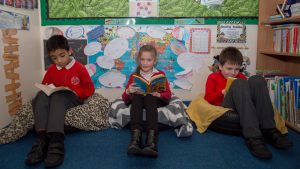 Primary Languages impact:
Primary Languages impact:
As a Y6 linguist transitioning to secondary school, we want all learners to be able to speak and write in French with increasing confidence and skill, meeting and exceeding NC requirements. Pupil conversations show us that as a consequence of our language provision, our children are confident and enthusiastic about learning French, through the sequenced work and quality resources, as well as enrichment opportunities. By having a good understanding of the positivity of diversity, inclusion and the joy of language learning, the children of St Peter’s will build the foundations for empowering our community of hope.
